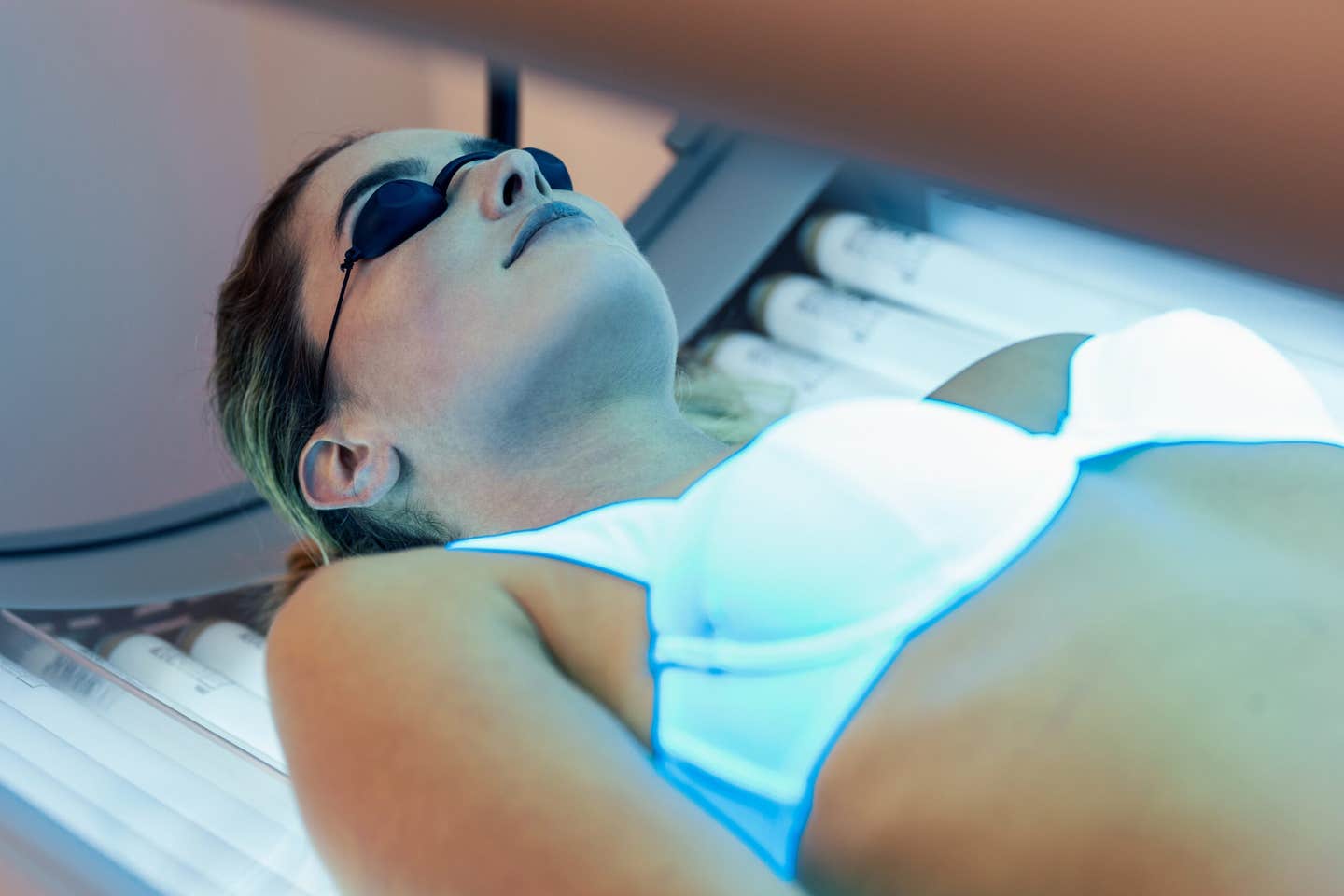New drug delivers the same health benefits as physical exercise, study finds
Our aim is to understand the benefits of exercise at the molecular level and how it is beneficial for the central nervous system.

[Aug. 16, 2023: Staff Writer, The Brighter Side of News]
Researchers believe molecules could potentially be hijacked, recoded and “bottled up” in a pill and taken like a vitamin. (CREDIT: Creative Commons)
Researchers at The Australian National University (ANU) have identified unique molecular signals in the body that could lead to the development of a supplement capable of providing the health benefits of exercise to patients who are incapable of physical activity.
The ANU team is conducting research to better understand the molecular messages sent to our brain and eyes immediately after exercise, and to investigate the impact of these signals on retinal health, central nervous system, and eye diseases such as age-related macular degeneration (AMD).
Associate Professor Riccardo Natoli, Head of Clear Vision Research at ANU, believes that these molecules could potentially be repurposed, recoded, and "bottled up" in a pill to be taken like a vitamin. "The beneficial messages being sent to the central nervous system during exercise are packaged up in what are known as lipid particles. We are essentially prescribing the molecular message of exercise to those who physically aren't able to," he said.
Dr Joshua Chu-Tan, also from the ANU Clear Vision Research Lab, added that further research is required to understand how these molecular signals, sent from the rest of the body after exercise, reach the brain and eyes. He says that the team's preliminary research into the benefits of exercise on the retina has unearthed some "promising" results. "Our aim is to understand the benefits of exercise at the molecular level and how it is beneficial for the central nervous system and the retina," Dr Chu-Tan said.
Related Stories:
The study examined existing literature on the effects of exercise on the central nervous system and eyes. The researchers aimed to determine the impact of exercise on the retina, the light-sensing part of the eye, and whether exercise could help maintain good eyesight as we age.
"We found the benefits of exercise extend far beyond what has traditionally been known, however this has been largely understudied in the retina, despite the retina being an extension of the brain. One of the main goals of doing this review was to determine what's going on inside the body after we exercise that gives us the benefits of exercise, and why physical activity is so good for our brain and eyes," Dr Chu-Tan said.
The researchers suggest that the futuristic therapy could one day help patients suffering from neurological diseases such as Alzheimer's and Parkinson's. "It's been suggested that prescribing exercise to patients suffering from neurodegenerative diseases such as Alzheimer's and Parkinson's can help improve and slow down the disease progression. We want to understand the molecular messages that underpin the benefits of exercise," Dr Chu-Tan said.
Dr Joshua Chu-Tan (left) and Associate Professor Riccardo Natoli from Clear Vision Research at The Australian National University (ANU). (CREDIT: Tracey Nearmy/ANU)
The supplement would only be intended for patients who have restricted movement that renders them unable to exercise at an intensity needed to reap the rewards. "We can't possibly package all the effects of exercise into a single pill, there are too many benefits that stretch throughout the entire body beyond what we could 'prescribe,' and that's not the goal," Dr Chu-Tan said.
The ANU team's research focuses on understanding the molecular mechanisms that make exercise beneficial to the body. According to Dr Chu-Tan, "Our goal is to figure out what these molecules are communicating to the body and how they're communicating."
The iCare HOME2 tonometer for patient use provides easy and accurate IOP self-measurement to improve the ongoing management of glaucoma.
The researchers hope that the molecular signals they have identified could lead to the development of a new type of supplement that can enhance retinal health and improve the central nervous system. "Similar to taking supplements, maybe we can provide genetic or molecular supplementation that enables that natural biological process to continue as we age," Professor Natoli said.
The research has been carried out in collaboration with other international research groups, and the ANU team plans to continue exploring the potential of molecular supplementation.
Dr Chu-Tan, Tuckwell Scholar Max Kirkby and Associate Professor Natoli’s systematic review of existing literature into the benefits of exercise on the central nervous system and eyes, including the retina, is published in Clinical and Experimental Ophthalmology.
Note: Materials provided above by The Brighter Side of News. Content may be edited for style and length.
Like these kind of feel good stories? Get the Brighter Side of News' newsletter.



